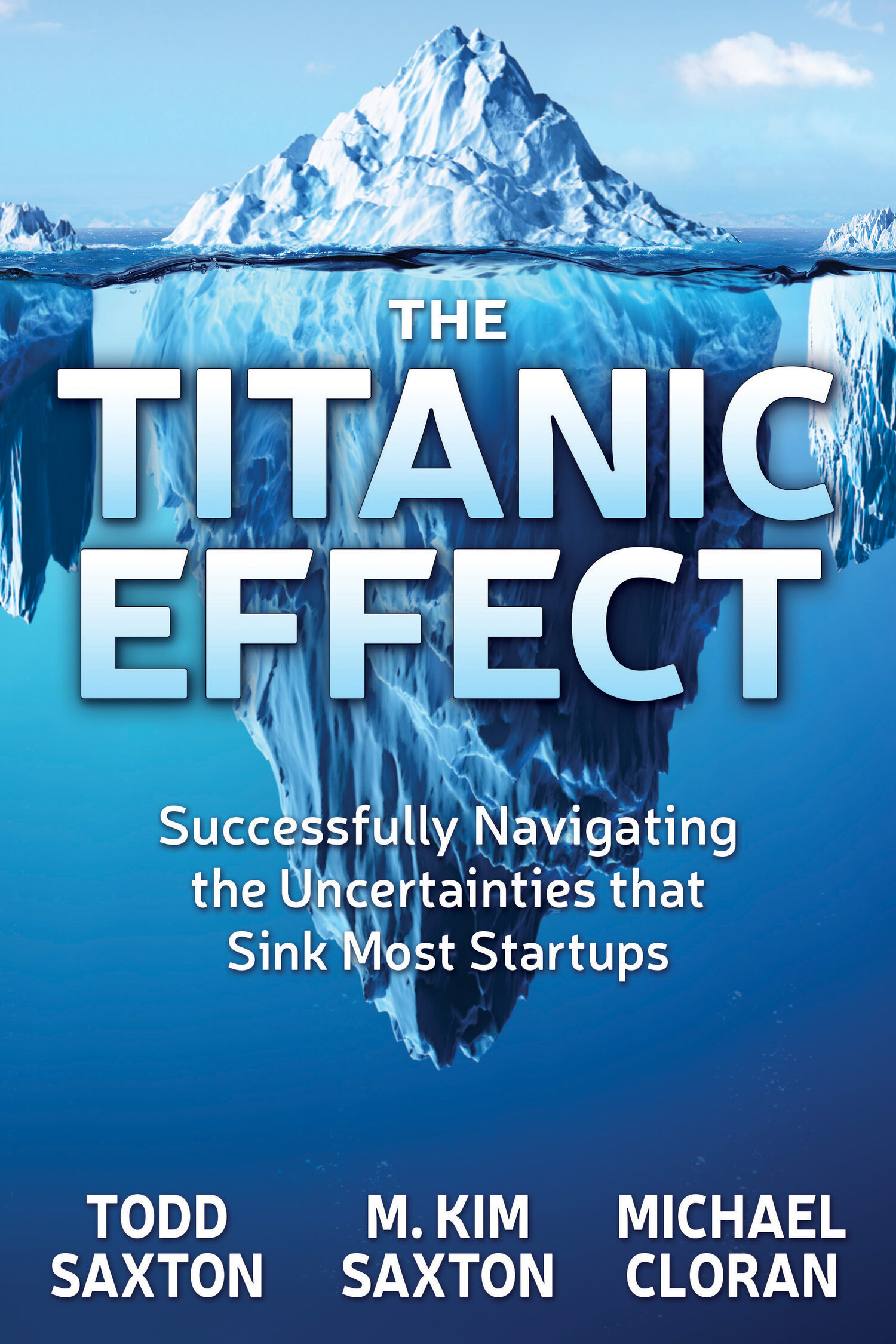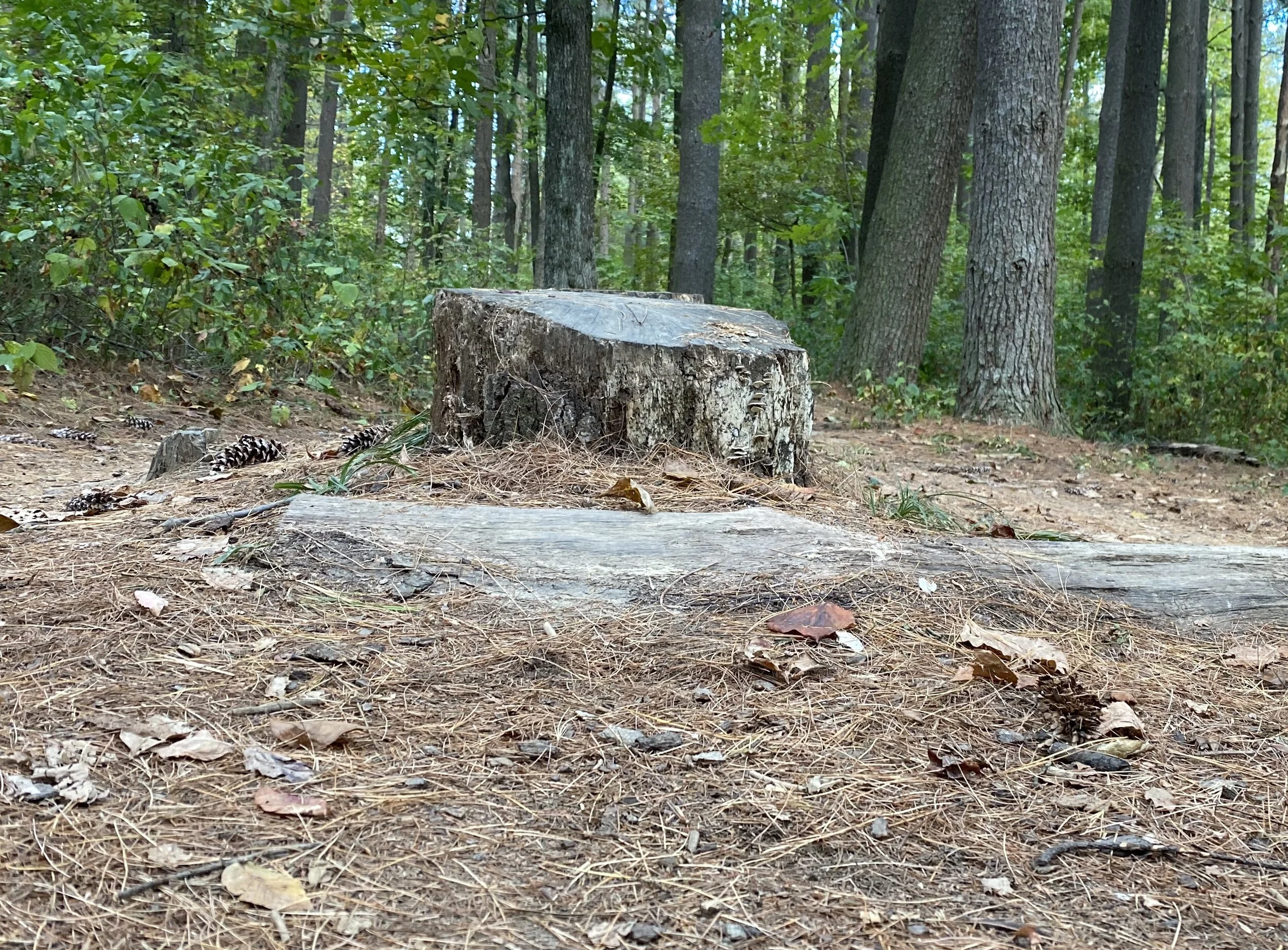Aha, we got you! Actually, we want to talk about the whole notion that you can “de-risk” a startup. We frequently hear founders and investors make a statement like “This is a good investment because it’s already been de-risked.” Or advisors will say, “We can help you de-risk your startup.” This makes us want to remind people about the difference between uncertainty and risk. Risk is probabilistic and can be quantified. Uncertainty is about the unknown. It’s hard to put a probability on the success of a startup. So, moving startups forward requires reducing uncertainty rather than risk.
Let’s work through a more tangible example. On one of our favorite mountain bike trails, there is a set of four stumps.









